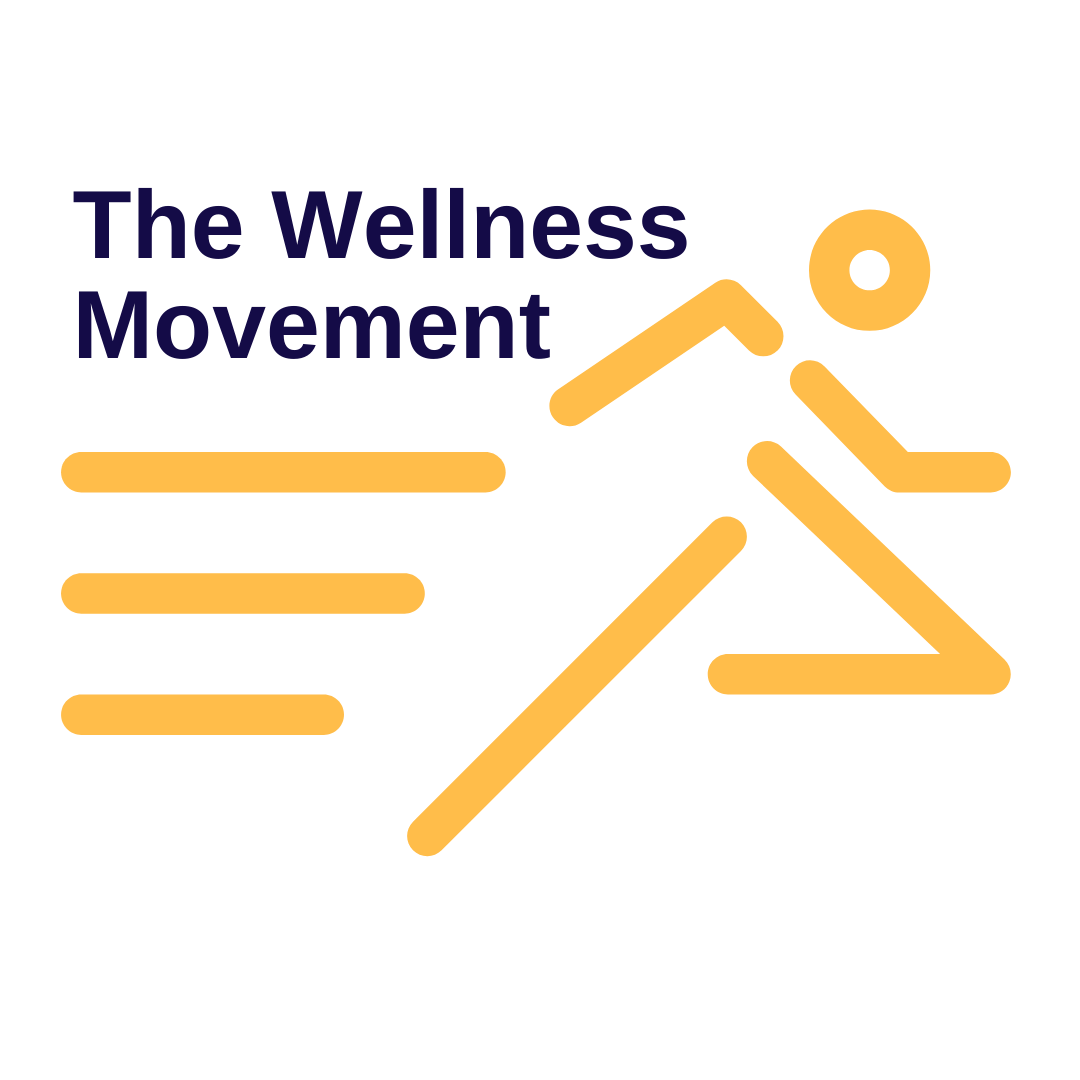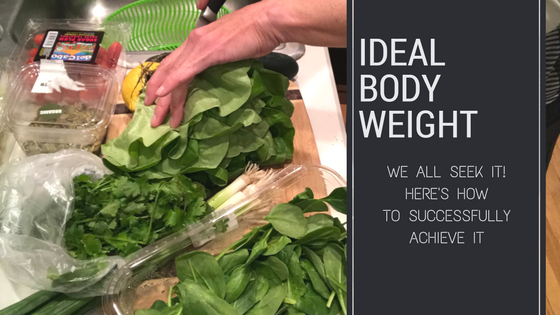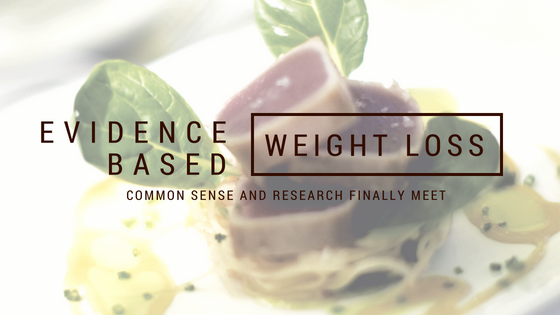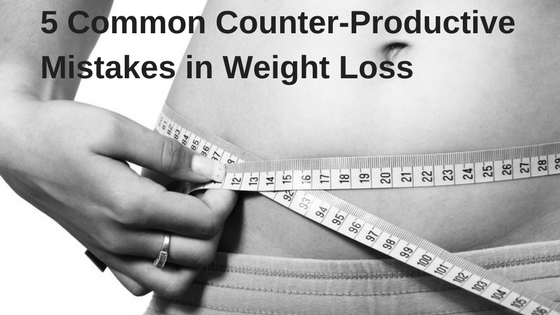I’m Eating Less! Why Am I Still Not Losing Weight?
By Cindy Abrami, NASM-Corrective Exercise Specialist, UESCA Running and Multisport Coach and holds a BS in Nutrition
But are you really eating less? That might be the first question to consider. If you’re not losing weight or having difficulty keeping it off, there might be a few other steps you need to take.
Whether I’m working with someone specifically toward fitness goals, nutrition goals, performance goals or any combination, helping others be successful is of utmost importance. Therefore, I function in the realm of healthy reality rather than trying to market gimmicky, unrealistic and unhealthy claims. Lately I’ve been refreshing my nutrition related biochemistry knowledge and am again reminded of how important it is to create transformational, lasting lifestyle change that is sustainable. Nutritionally speaking, in our American culture and society we are so fortunate to have access to a huge variety of healthy foods in ample supply. Where we get into trouble often has more to do with our developed habits, and let’s face it, some of that “less than healthy” food out there tastes so good. It’s not too difficult to fall into patterns that turn our diets the wrong direction and the ultimate solution is to correct the course and re-establish healthy habits that work for us.
If habits don’t fully change, or if you jump into a quick-fix solution, success is much less likely and while being at an unhealthy weight is not a good thing, getting into a yo-yo situation with weight loss is even worse.
It’s important to know that there are many ways to improve your diet, lose weight and maintain a healthy weight and to be fully successful at it. It is possible and most importantly, it is possible for you. Below I’ve compiled 6 practical steps to realistic and lasting weight management. These are important steps that truly make a difference. Step #6 is listed because sometimes coaching, support and accountability need to be part of the solution but regardless of that, there is a lot you can do on your own to make improvements.
Remember, the goal is to move in the right direction at a pace that allows you to really change. Progress is incremental but always with positive momentum. I am soon going to be launching a 12 month transformational “nutritional makeover” program that will bring you from where you are now to where you want to be using these types of steps. It includes daily support and takes YOU fully into consideration. I’m so excited and will share more in the near future. Please consider these practical steps below as a way to begin your journey!
Practical Steps to Realistic and Lasting Weight Management
- Perform a Diet Reality Check. To do this, track your actual food intake for 5 days. Make sure you eat as you normally do. Once you’ve done that, objectively assess it. Determine if you are eating as well as you thought. Determine whether you’re eating amounts that you thought. The goal here is to really take a good look at your current habits and eating rituals. Most of us generally considering our eating habits to be healthier than they actually are. You also may discover that you’re not really paying that much attention to portion size or maybe realize you’re not even all that sure how much you should be eating. So much of our eating habits are subconscious and it’s amazing what we begin to see when we starting tuning in a bit. Here’s a great resource for portion control that makes it nice and easy to control intake: https://www.precisionnutrition.com/calorie-control-guide-infographic
- Exercise Self-Compassion. Being strict or critical of yourself isn’t the best approach! Everyone has days where we end up making poor choices, maybe don’t plan things out and grab something we wish we hadn’t. We can’t be nor have to be perfect all the time. Most importantly, be kind to yourself while recognizing the situation. Accept it, forgive yourself then get back on track. Remember to focus on the big picture and maintain general forward motion and progress. There will be bumps in the road. It’s ok!!
- Choose whole foods over processed foods. With so many tasty and palatable processed choices out there, this is not always the easiest thing to do. But remember, “no one can eat just one potato chip.” The tasty, palatable, hyper-rewarding foods are so easy to over consume. Eat just one potato chip and you’ll leave your mouth in salivation mode waiting for the next one. Right? You can’t just eat one. One of the lesser recognized benefits of eating whole, minimally processed foods are that you are MUCH less likely to over consume them. Not only are you getting nutrient packed, clean food into your system, you will be more prone to eating proper proportions. You’ll be getting more nutrients by consuming less calories and you will still fully enjoy your food.
- Fine-tune YOUR macronutrient ratio. Each individual is metabolically different for many reasons. There is not one perfect diet or macronutrient blend that is ideal for everyone so it is important to pay attention to what you’re eating so you can begin to understand what types of foods are best for you. Also, macronutrient needs change as we age, or our body composition changes or our activity level changes, so there is always a need to pay attention to your whole plate. You can easily begin to fine-tune your diet by tracking your meals for a few days and noting how you feel two hours after eating. How’s your mood? How’s your appetite? How’s your energy? How’s your concentration? Take time to really tune-in to your diet and remember that you have your own unique needs, so it is best not to attempt to comply with a very specific set of rules created by someone else.
- Own your decisions. Make food choices by acknowledging the outcome you’d expect. This is perhaps where discipline comes into play. Remember that all choices have consequences so when you put something into your mouth, think about the expected outcome. Use wisdom and discipline to avoid or change less than ideal habits.
- Get help from a Nutrition Coach. As mentioned above, there’s a lot we can do on our own and many people are successful at diet and lifestyle makeovers without any additional support. For others, having the benefit of someone’s expertise, support and accountability can make all the difference. Just remember that this is a choice you have if you feel you would benefit from it. Nutrition is simple and tricky at the same time.







